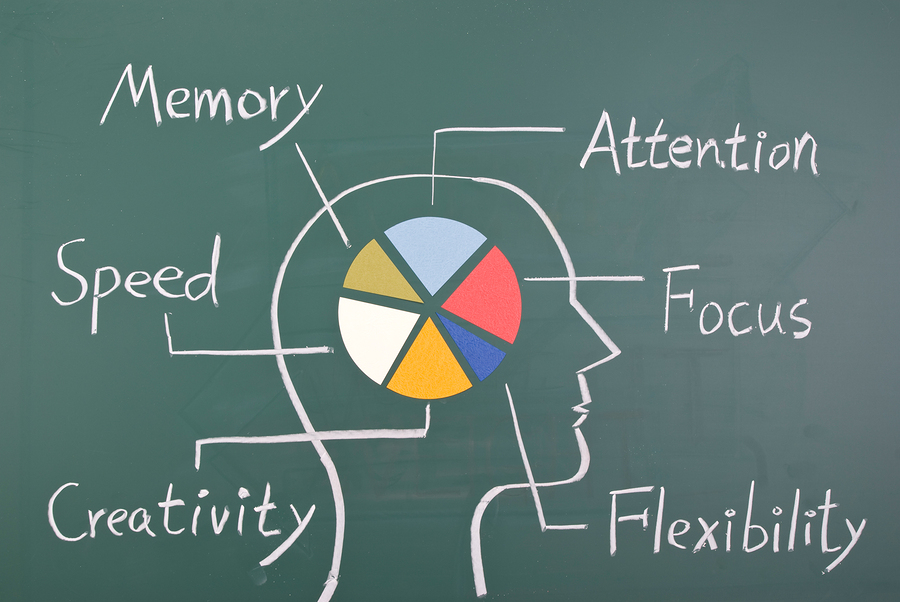The brain is the command center of the body. Whatever is going on in your gray matter is going to impact everything else. It co-rdinates body function.
Brain Awareness Week (15-21 March 2021) is the global campaign to foster public enthusiasm and support for brain science. Brain Awareness Week was founded by the Dana Alliance for Brain Initiatives (DABI) and the European Dana Alliance for the Brain (EDAB), and is coordinated by the Dana Foundation.

Since the dawn of time, humans have looked for ways to expand knowledge and maximize the potential of our brainpower. After countless studies over many decades, neuroscientists have discovered there are concrete things we can do to improve memory, focus, creativity and overall cognitive function.
Give your brain a boost on a daily basis with the following tips.
Sleep More
Sleep is when our body recovers from the activity of the day, but it’s also a vital time for the brain. It’s now well known that sleep deprivation has a negative effect on cognitive function. That’s because a lot happens in the brain during sleep.
While you’re sleeping:
- The brain is helping form and cement important memories.
- Waste gets cleared from the brain.
- Brain cells are reenergized.
- The brain heals and recuperates.
- The brain processes information and makes decisions.
- Creative connections are made to improve complex thinking.
- Physical tasks get reinforced in the brain.
Aim to get the recommended 7-9 hours every night so you wake up recharged and ready to think on your feet.
Use Brain Boosting Supplements
Your brain is a complex machine that’s running 24/7. It requires more energy than any other part of the body by far. All that work requires fuel in the form of nutrients. More and more research is going into discovering which nutrients and compounds have the greatest impact on cognitive function. And all that work is paying off.
Key nutrients used by the brain include omega-3 fatty acid, DHA, Vitamin E, and flavanols.

Train Your Brain With Games
You can increase cognitive function by simply using your brain more. Instead of using the calculator app on your phone figure the equation out on your own. Use a pencil and paper if you need to. Handling mental challenges, including fun ones, keeps your cognitive function sharp.
Luminosity is a fun way to test your brainpower. The games are developed to target different types of information processing. If you don’t want to plunk down cash every month for access to all the games you can use the free version to unlock three brain games each day. You can also use traditional brainteasers like a crossword puzzle or word search game in lieu of apps.
Read Regularly
Another way to flex your cognitive muscles is by picking up a book. Or magazine. Or comic. Reading is a complex task for the brain that challenges it to process information in a number of ways. A study from Emory University found fiction, in particular, can help improve brain function because you have to use your imagination.
Exercise and Stay Active
Exercise is one of the best lifestyle habits for boosting memory and cognitive health. Your body may show the direct effects of exercise, but under your skull, your brain is getting a workout as well.
One of the biggest brain benefits of exercise is increased blood flow. Areas of the brain that are connected to memory and learning, like the hippocampus, perform better when there’s ample blood flow bringing in nutrients. Regular aerobic exercise is also known to beef up the size of the hippocampus.

Reduce Stress Levels
Stress has a way of derailing the brain function. It robs your brain of focus, and chronic stress can lead to other serious psychological issues like depression. It can also create long-term changes in the brain structure.
One of the biggest problems connected to stress is cortisol. Cortisol is linked to an overabundance of myelin-producing cells and fewer neurons than normal. It can also cause stem cells to malfunction.
Disclaimer
The Content is not intended to be a substitute for professional medical advice, diagnosis, or treatment. Always seek the advice of your physician or other qualified health provider with any questions you may have regarding a medical condition.
